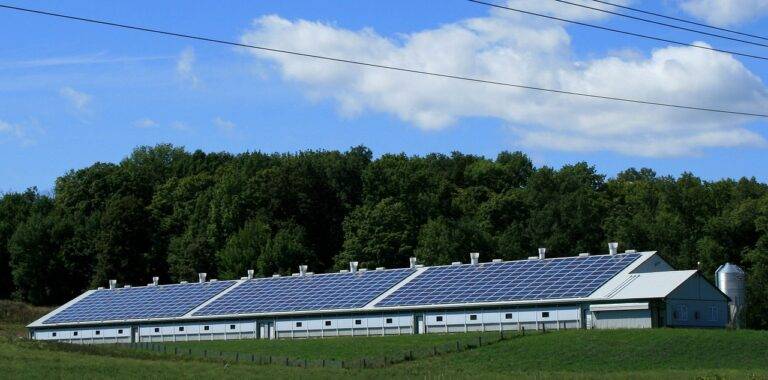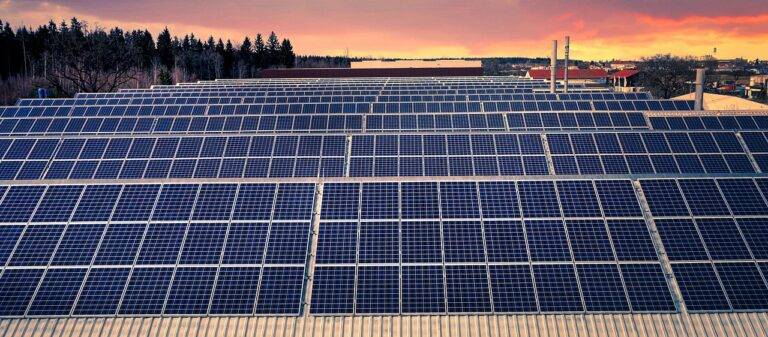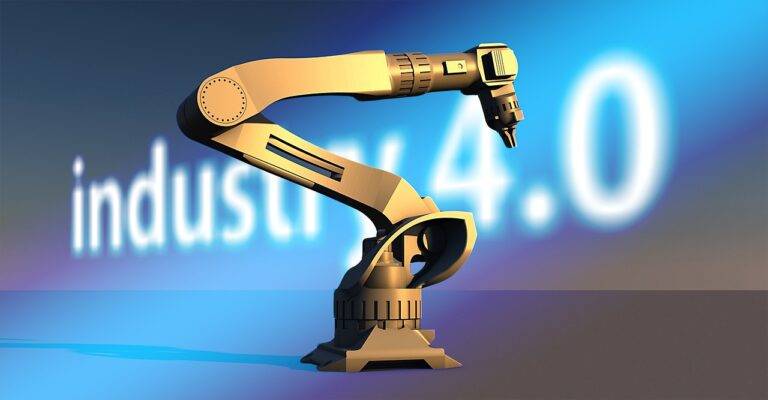The Evolution of Smart Water Management Systems
Smart water management systems have undergone a remarkable evolution in recent years, driven by advances in technology and a growing awareness of the need for efficient and sustainable water usage. These systems leverage cutting-edge sensors, data analytics, and automation to optimize water supply, distribution, and consumption in various sectors, including agriculture, industry, and urban infrastructure.
One of the key components of smart water management systems is the deployment of IoT (Internet of Things) sensors throughout the water infrastructure. These sensors monitor parameters such as water flow, pressure, quality, and temperature in real-time, providing valuable data insights to water managers and stakeholders.
Remote Monitoring and Real-time Insights
Smart water management systems enable remote monitoring and management of water infrastructure, allowing operators to detect leaks, identify inefficiencies, and respond to emergencies more quickly and effectively. By collecting and analyzing data in real-time, these systems provide actionable insights that enable proactive decision-making and resource allocation.
For example, IoT sensors deployed in water distribution networks can detect leaks or bursts and alert operators immediately, reducing water loss and minimizing the impact on communities. Advanced analytics algorithms can analyze historical data and predict potential issues before they occur, enabling preventive maintenance and optimization of water distribution systems.
Water Conservation and Efficiency
Another benefit of smart water management systems is their ability to promote water conservation and efficiency. By monitoring water usage patterns and identifying areas of high consumption, these systems enable stakeholders to implement targeted conservation measures and reduce water wastage.
For instance, smart irrigation systems equipped with soil moisture sensors and weather data analytics can optimize watering schedules and adjust irrigation levels based on actual plant needs, resulting in significant water savings in agriculture. Similarly, smart meters installed in residential and commercial buildings can provide consumers with real-time feedback on their water usage, empowering them to make informed decisions and adopt water-saving habits.
Integration with Predictive Analytics
Smart water management systems are increasingly incorporating predictive analytics capabilities to anticipate future water demand and supply scenarios. By analyzing historical data, weather forecasts, and other relevant factors, these systems can forecast water availability, identify potential shortages or surpluses, and optimize water allocation accordingly.
For example, predictive analytics algorithms can predict drought conditions or flooding events based on historical weather patterns and environmental data, enabling water utilities and authorities to implement mitigation measures and manage resources more effectively. Additionally, these systems can optimize water treatment processes and ensure compliance with regulatory standards, reducing costs and environmental impact.
Smart Water Grids and Integration with Energy Systems
Smart water management systems are also evolving to integrate with smart energy grids, enabling synergies between water and energy systems. For instance, water utilities can use renewable energy sources, such as solar or wind power, to operate water treatment plants and pump stations, reducing reliance on fossil fuels and lowering carbon emissions.
Furthermore, the concept of “smart water grids” is emerging, where water distribution networks are interconnected and managed in a more decentralized and flexible manner. These smart grids enable bi-directional water flow, storage, and trading between different regions, improving resilience and efficiency in water distribution.
FAQs
Q: What are smart water management systems?
A: Smart water management systems leverage technology such as IoT sensors, data analytics, and automation to optimize water supply, distribution, and consumption. These systems enable remote monitoring, real-time insights, water conservation, and integration with predictive analytics and energy systems.
Q: How do smart water management systems promote water conservation?
A: Smart water management systems promote water conservation by monitoring usage patterns, detecting leaks, and optimizing water distribution. By providing real-time feedback and insights, these systems empower stakeholders to adopt water-saving measures and reduce wastage.
Q: What are the benefits of integrating smart water management systems with energy systems?
A: Integrating smart water management systems with energy systems enables synergies between water and energy infrastructure, such as using renewable energy for water treatment and pump operations. This integration improves sustainability, reduces costs, and enhances overall resource efficiency.
In summary, the evolution of smart water management systems is driving innovation and sustainability in water resource management. By harnessing technology and data-driven insights, these systems are revolutionizing how we monitor, conserve, and allocate water resources, paving the way for a more resilient and sustainable water future.





